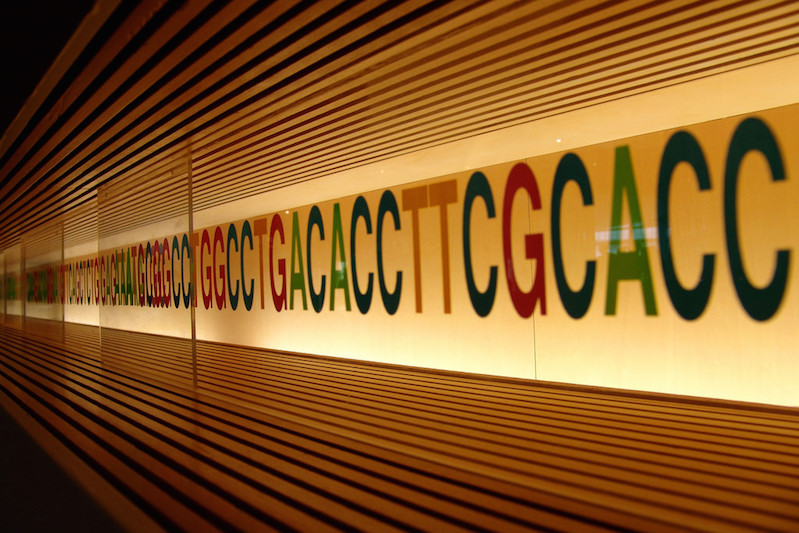
The field of epigenetics continues to make interesting discoveries about environmental effects on genetic material. A team led by Thomas McDade found that children's experiences affected their DNA, which in turn affected suscepitability to certain diseases. Via Smithsonian:
Their investigation followed more than 500 children in the Philippines and found that certain childhood situations can create modifications in genes associated with inflammation, which affects how prone we are to suffer from certain illnesses. Specifically, these factors included socioeconomic status, the prolonged absence of a parent, the duration of breastfeeding, birth during the dry season, and exposure to microbes in infancy.This cohort comprised over 3,000 pregnant women recruited in the Philippines in 1983. These women came from all different walks of life: They differed in access to clean water or a roof over their heads, whether they lived in an urban or a rural area, and whether they came into frequent contact with animals. From the data, they looked at over 500 of those women in order to figure out if their child’s environment growing up led to epigenetic modifications to their DNA—and later to a change in inflammatory proteins in their blood in adulthood.
Once their children were born, the investigators kept track of them and of the environments they were exposed to throughout their lives. Once they turned 21, the investigators took a blood sample that they used to measure the DNA methylation throughout their genome, as well as inflammation-related proteins that have been previously associated with cardiovascular diseases and other aging-related diseases.
Most experts caution that epigenetics as described in the popular imagination is often an exaggerated version of the currently available data, but it's interesting to consider that such trauma may be passed on to offspring.
• Your Childhood Experiences Can Permanently Change Your DNA (Smithsonian)
Image: MIKI Yoshihito